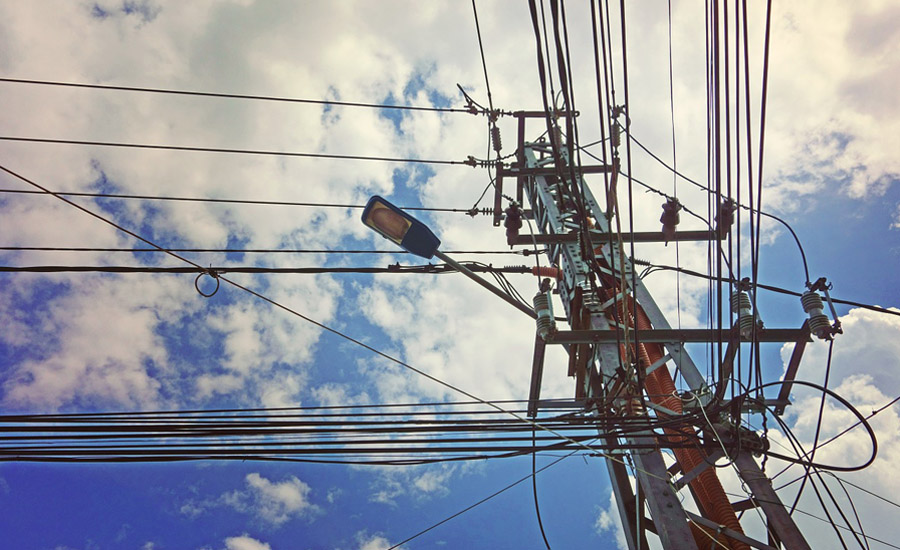What happens when manufacturing facilities lose power?

Credit: Getty Images
The manufacturing sector plays a critical role in the global economy's supply chain. Manufacturing is a necessary component of providing employment opportunities, driving economic development, and delivering goods and services to other sectors of the economy. However, power failures are sometimes inevitable, so manufacturers must prepare for one.
It's important to note that power outages can affect all types of industries and bring operations to a screeching halt, contributing to a loss in productivity, revenue and material. Some electrical failures can even increase the risks of workers facing serious or life-threatening injuries.
In the manufacturing industry specifically, facilities that lose power have to deal with production lines coming to an abrupt halt. This translates into a loss of material, inability to assemble products, downtime and the potential for supply chains to shut down altogether.
It's no secret that the global supply chain has suffered from severe disruptions due to the COVID-19 pandemic, which means power outages that happen now can be detrimental to operations.
It's estimated that the manufacturing industry can lose as much as $6.45 million per hour of downtime, meaning that one power outage can be extremely costly. On top of that, worker safety can be at risk when blackouts occur, thus making the sector more dangerous.
According to the Environmental Protection Agency (EPA), power failures and restarts within a manufacturing facility could trigger serious repercussions from chemical accidents. In one case in 2001, a facility in California suffered a power outage that resulted in sulfur dioxide and trioxide escaping from a boiler exit flue. There's no denying that exposure to hazardous chemicals can negatively affect worker health and safety.
Preventing and planning for outages
How can manufacturers protect their facilities and employees during a power failure? Here are some examples of ways manufacturers can plan accordingly.
1. Designate an employee to manage electrical layout
Manufacturers must designate one employee or a small group responsible for understanding the electrical layout of the facility. Having a team ready to handle an outage is safer than scrambling when a power failure occurs.
2. Rely on backup generators
One survey from S&C Electric Co. suggests that one in four manufacturing companies will experience a power failure once a month. Backup generators can provide a sense of security and relief when manufacturers operate, so consider relying on them to keep the lights on in the facility.
3. Use load bank testing to prevent faulty generators
Generators can sometimes be faulty, so it's important to use load bank testing to ensure they work properly. Faulty generators can contribute to longer downtimes, so be sure to test them to prepare for a power failure.
4. Consider investing in business interruption or extra expense coverage
It's important to consider purchasing business interruption or extra expense coverage. Additionally, a commercial property policy with utility interruption coverage can cover manufacturers for physical losses associated with equipment failure and even a facility's electrical infrastructure.
5. Build a plan to guide employees during a power failure
Ensure a plan is in place to help employees navigate a power outage. Every worker should be trained on safety standards and requirements to avoid injuries or fatalities. No manufacturer wants to put their workers' lives in danger, and ensuring their safety should be prioritized.
Power outages can occur due to circumstances beyond a manufacturer's control, so it's critical to take preventive measures and plan accordingly to ensure employees are safe.
Manufacturers must plan for power failures
Manufacturing companies’ facilities, factories and plants rely on electrical power. They could not function properly without reliable energy. However, failures occur, which could put operations at risk. Consider using some of the suggestions above to plan for potential outages in the future.
Looking for a reprint of this article?
From high-res PDFs to custom plaques, order your copy today!





